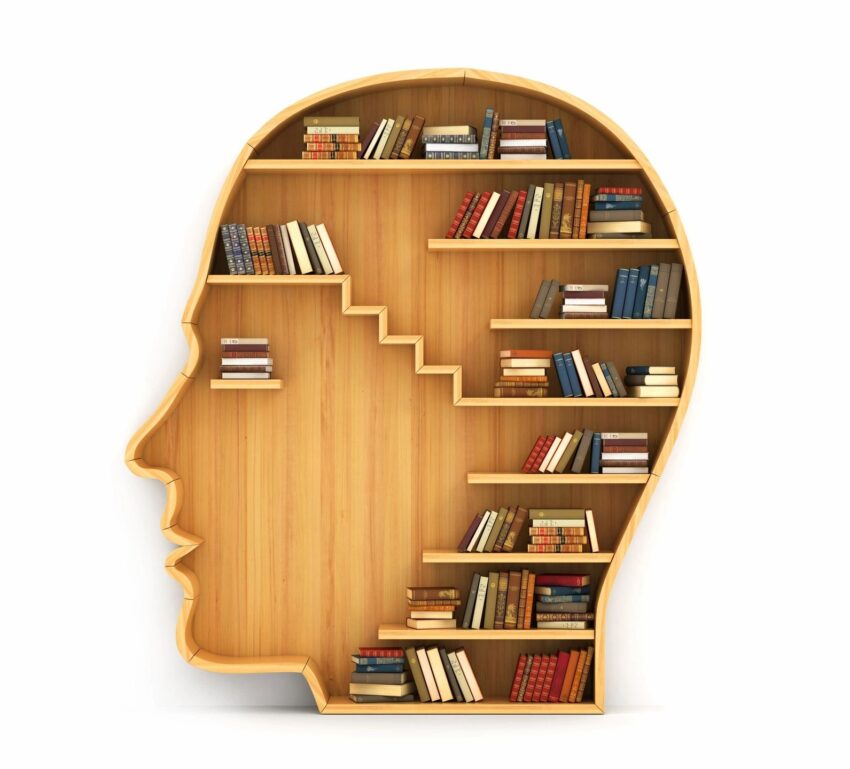Living is made more difficult by mental health disorders. We have all faced bereavement, hopelessness, and terror at some point in our lives. Concerns about one’s mental health are not a sign of weakness, but rather a reaction to an experience. Anxiety is a state of mind characterized by tension, anxiety, and fear. As a result, one may have difficulty sleeping, eating, working, studying, interacting, and even using alcohol and drugs. Others must understand how we feel.

According to a prominent mental health center in Los Angeles, “Getting assistance from other people and taking care of our mental health can help us get beyond issues like these and prevent them from becoming more serious or long-term.” Some issues related to our mental health can cause us long-term suffering and difficulty. Conflicts may arise if we hear and see things that others cannot, or if we have the impression that someone is after us. We may lose our jobs, friends, children, houses, liberties, and perhaps even our lives.
The following are some of the most common issues relating to mental health.
Behavior and Mental Health Problems in Children
Attention deficit hyperactivity disorder (ADHD), oppositional defiant disorder (ODD), and conduct disorder (CD) are all terms that refer to common behavioral disorders seen in children. Mental health problems like those listed above can be treated with psychotherapy, educational opportunities, and medical help.
Bipolar Affective Disorder
Bipolar affective illness was once described as “manic depression.” Mania and depression are common symptoms of bipolar illness. Psychotic symptoms are possible. A newly unknown genetic propensity has been revealed, and environmental factors can lead to severe mental disease.

Depression
Depression is distinguished by a gloomy mood, a loss of interest and enjoyment, and weariness. It’s not enough to be sad. Depression manifests itself in a variety of ways, and the degree of depressive symptoms might vary greatly. Suicidal thoughts and behavior have been connected to depression.
Dissociation and Related Disorders
A mental condition known as dissociation is defined by an individual’s inability to connect with their thoughts, emotions, memories, or even their own identity. This incapacity may be caused by trauma or a genetic predisposition. Dissociative disorders include amnesia, fugue, and depersonalization disorder.
Eating Disorders
Eating disorders include anorexia, bulimia, and binge eating disorders, among others. Eating disorders can potentially negatively affect the minds and bodies of both men and women.
Obsessive-Compulsive Disorder
Anxiety disorders include obsessive-compulsive disorder (OCD). Obsessions are undesirable and recurring ideas, images, or impulses that a person cannot stop thinking about or acting on. Compulsions are stressful behaviors that involve compulsive, time-consuming rituals. Cognitive behavior therapy (often known as CBT) and medication are both forms of treatment.
Paranoia
The unreasonable and pervasive fear that others are conspiring against you is a hallmark of the mental disorder known as paranoia. Several disorders can share the symptom of paranoia, including delusional (paranoid) disorder, paranoid personality disorder, and schizophrenia. Medication and psychological counseling are both components of the treatment for paranoia.
Post-Traumatic Stress Disorder (PTSD)
People who have been through trauma may acquire PTSD. A stressful experience may have triggered this mental illness. This can include a car accident or other disastrous mistake, a physical or sexual attack, war or other forms of violent conflict, or even natural disasters such as floods or bushfires.
Psychosis
Delusions, hallucinations, and mental muddling are all possible symptoms of psychosis in those who are afflicted by it. Psychosis is a symptom that can be brought on by a variety of mental conditions, such as schizophrenia and drug-induced psychosis, as well as mood disorders. With the help of psychotherapy and medicine, psychotic symptoms can be lessened or even taken away completely.
Schizophrenia
Schizophrenia is a type of psychosis in which a person’s thoughts and feelings become twisted. Hallucinations, delusions, thought difficulties, disengagement from social activities, a lack of desire, and impaired thinking and memory are all symptoms of schizophrenia. Schizophrenics are at a higher risk of committing suicide. Schizophrenia is a mental disorder that is distinct from many personalities disorders.
Anxiety
Generalized anxiety disorder, particular phobias (such as agoraphobia and claustrophobia), panic disorders, obsessive-compulsive disorder (OCD), and post-traumatic stress disorder are all examples of anxiety disorders. One of the components of panic disorders is intense concern about something that cannot be controlled, such as an event or situation. Without the right help, anxiety problems can quickly lead to suicidal thoughts and actions if they are not treated.


